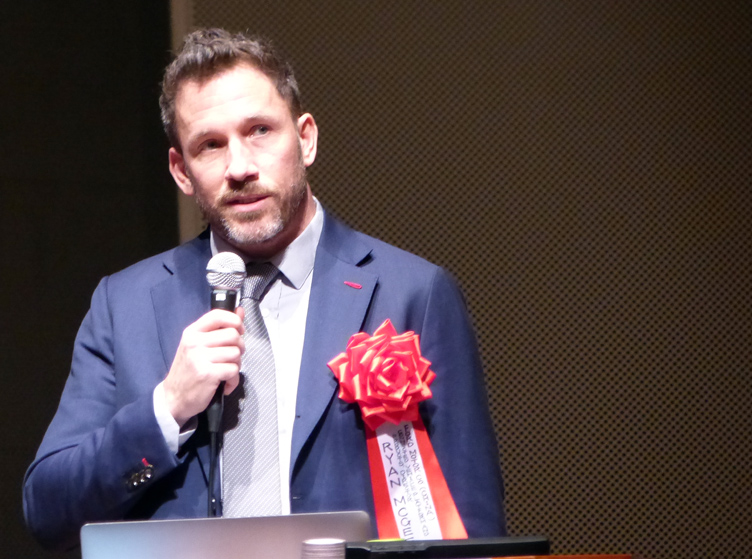We need vision to walk the road to future smart cities
- January 22, 2020
- Steve Rogerson
Maybe it is time to cut through the hype about smart cities and look at what the technologies being developed can actually do and achieve. But, for that to happen, vision is needed, and thus I was very pleased to see Ryan McGee (pictured), a director at Ford Motor in China, providing exactly that during this month’s Automotive World conference in Tokyo.

Yes, he talked about the intersection of megatrends such as urbanisation, ageing population and environmental factors, he, unsurprisingly being from Ford, discussed the impact of transportation developments providing new ways to get from A to B, but more importantly he talked about his vision of a city of the future.
This was one with fewer vehicles – yes, he does come from Ford – but with more transportation options. One with more mobility modes, not just for people but for goods and products.
“Cities must strive to become healthier places that are easier to get around,” he said. “It is an exciting future ahead for us.”
Why I found this notable was because I feel that taking the bit-by-bit approach that many cities are adopting can lead to some forgetting the overall picture of what we want to achieve.
Of course it is important to stick sensors in bins that tell us when they need emptying. A recent report from Berg shows that the market for those sensors is growing very nicely, a CAGR of over 30 per cent in the next three years, something not to be sniffed at.
Of course it is also important to use traffic planning technology to work out the most efficient routes for waste collection vehicles and other local government services. But people are never going to be passionate about rubbish collection.
There are also some who are getting tied down to technology for technology’s sake. I remember a couple of years ago looking at the autonomous shuttles being tested in the UK town of Milton Keynes with the plan of using them to take people on the short journey from the railway station to the shopping centre. Wouldn’t it be more healthier for them to walk? It is not very far. I asked the question, and they looked a bit puzzled.
I am not saying we don’t need autonomous shuttles; they could be a big benefit, especially for those with mobility problems, but they should not be promoted in a way that gives conflicting messages in an era when people are being told to increase their step count.
No, what is needed is for the city developers, the technology providers, the visionaries to come together and tell their citizens what that vision is, not for next year or the year after but for how they see their city in ten, twenty, thirty years, and how those smart bin sensors are part of that route.
That way, the industry will not just take the people along their journey but they will have the citizens excited about that journey and participating in it. Then we will really have true visions from the men, women and children who live in these cities, and they will come up with ideas that will surprise us all.





